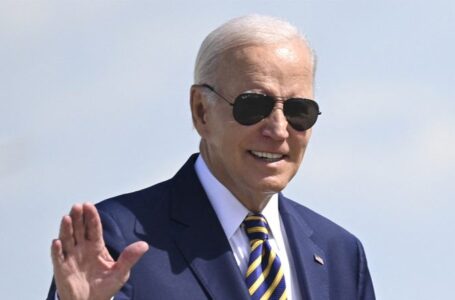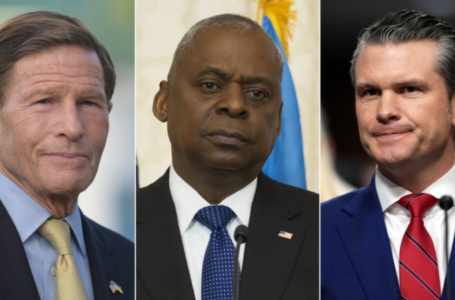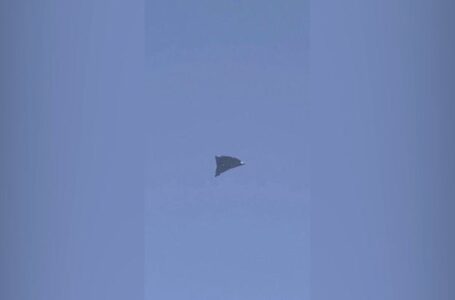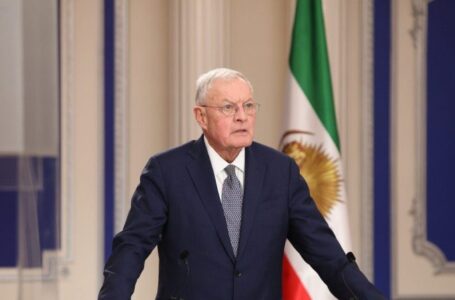Majority say Biden will be remembered poorly as president says farewell to the nation: poll
He won the Spanish Scrabble championships, yet he doesn’t speak Spanish
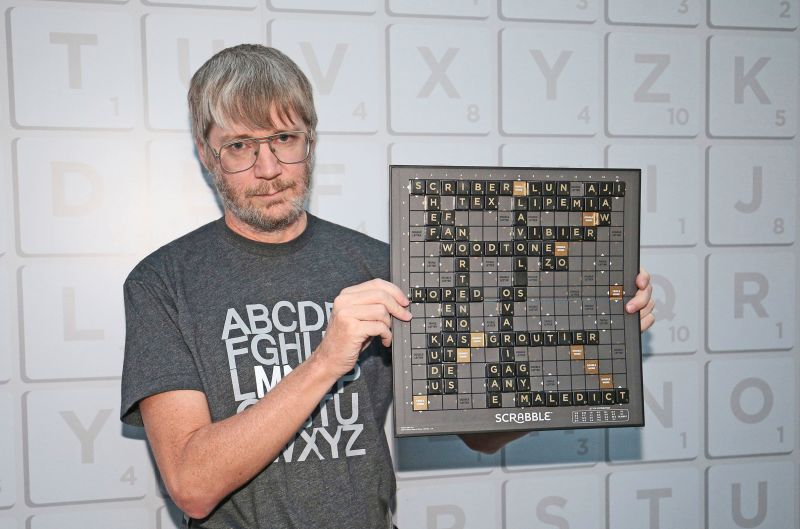

A New Zealand man hailed as a Scrabble phenom dominated the Spanish World Scrabble Championships – despite reportedly not speaking the language.
Nigel Richards claimed victory at this year’s tournament in Granada, Spain last month, Reuters reported, showcasing once again his remarkable abilities to outperform even native speakers in their own languages.
“This is an incredible humiliation,” Benjamín Olaizola, who came second to Richards, told Spanish radio network La Cadena SER, calling his opponent a “gifted man” with “very specific capabilities.”
Richards, who is in his 50s, bested more than 145 opponents from across the world, including Argentina, Venezuela, Spain and Colombia, winning 22 consecutive matches, the Federación Internacional de Léxico en Español said on Instagram.
Widely known as the “Tiger Woods of Scrabble,” Richards has won nearly 200 tournaments, including multiple world titles, and is ranked No. 1 by the World English-language Scrabble Player’s Association (WESPA).
But his Scrabble talents have long extended beyond the board of his native tongue.
Richards gained international fame in 2015 for winning the French-language title, when he reportedly knew little beyond “Bonjour.”
Fagerlund met Richards when he joined the Christchurch Scrabble club in 1996 in New Zealand.
“He started playing Scrabble with his mom because she got sick of him beating her at cards. She thought she might be able to win, since he was no good at English in school,” Fagerlund says. “He came to the club and was very soon beating everyone there.”
Richards rarely gives interviews. He is characterized in the media as a recluse, who likes to bike, and doesn’t smoke, drink, watch TV or listen to the radio.
Runner-up Olaizola said Richards had a propensity for using complex words, even in a foreign language, and a unique strategy for catching his competition off guard.
“He had a hand that was the most obvious one, the one that a computer would give to you, and he didn’t use it,” Olaizola told La Cadena SER.


